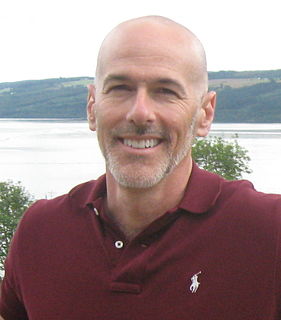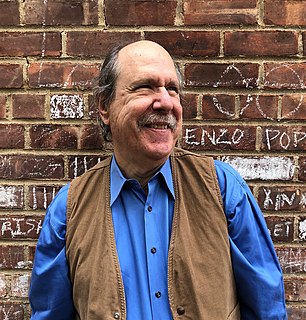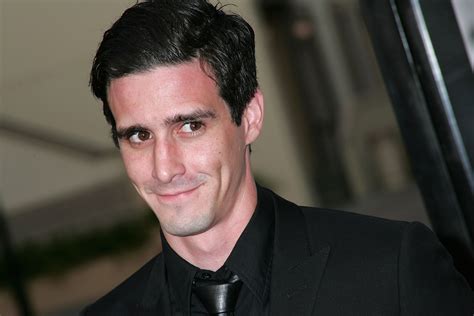A Quote by Louie Psihoyos
Half of all species on Earth could disappear by the end of the century because of our collective impact.
Related Quotes
Human beings are not inevitable, and our brief existence is not preordained to be extended into the distant future. If Homo sapiens is to have a continued presence on earth, humankind will reevaluate its sense of place in the world and modify its strong species-centric stewardship of the planet. Our collective concepts of morality and ethics have a direct impact on our species' ultimate fate.
Having studied biology really helped me a lot because I quickly understand how biological systems work, and how they fail, and the tragedy of when they fail, because we are dealing with life systems, and when we hear that a species has become extinct, or is threatened, you realize that this could mean that this species will disappear from the face of the earth forever! So that understanding really gives you energy to do something to save it.
We know little of the consequences of the geoengineering process, such as spraying particles into the atmosphere that shade the planet from the sun's rays and could decrease its temperature. But this process is how dinosaurs disappeared from the Earth about 60 million years ago, by particles spewed by a volcano or a giant meteorite impact, and our species could follow suit.
I firmly believe that we who are alive and can think today-in the closing years of the 20th century-have a commitment to our species to make sure that the flicker of movement we have thus managed in space stays sufficiently kindled so that the people of the 21st century can build upon and extend the human abode from Earth to the cosmos beyond.
Clearly, we are a species that is well connected to other species. Whether or not we evolve from them, we are certainly very closely related to them. A series of mutations could change us into all kinds of intermediate species. Whether or not those intermediate species are provably in the past, they could easily be in our future.
...we sacrifice other species to our own not because our own has any objective metaphysical privilege over others, but simply because it is ours. It may be very natural to have this loyalty to our own species, but let us hear no more from the naturalists about the "sentimentality" of anti-vivisectionists. If loyalty to our own species - preference for man simply because we are men - is not sentiment, then what is?




































